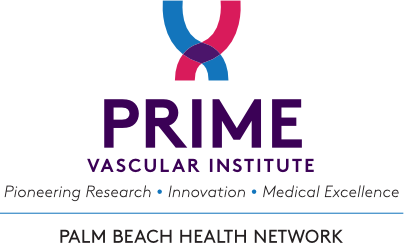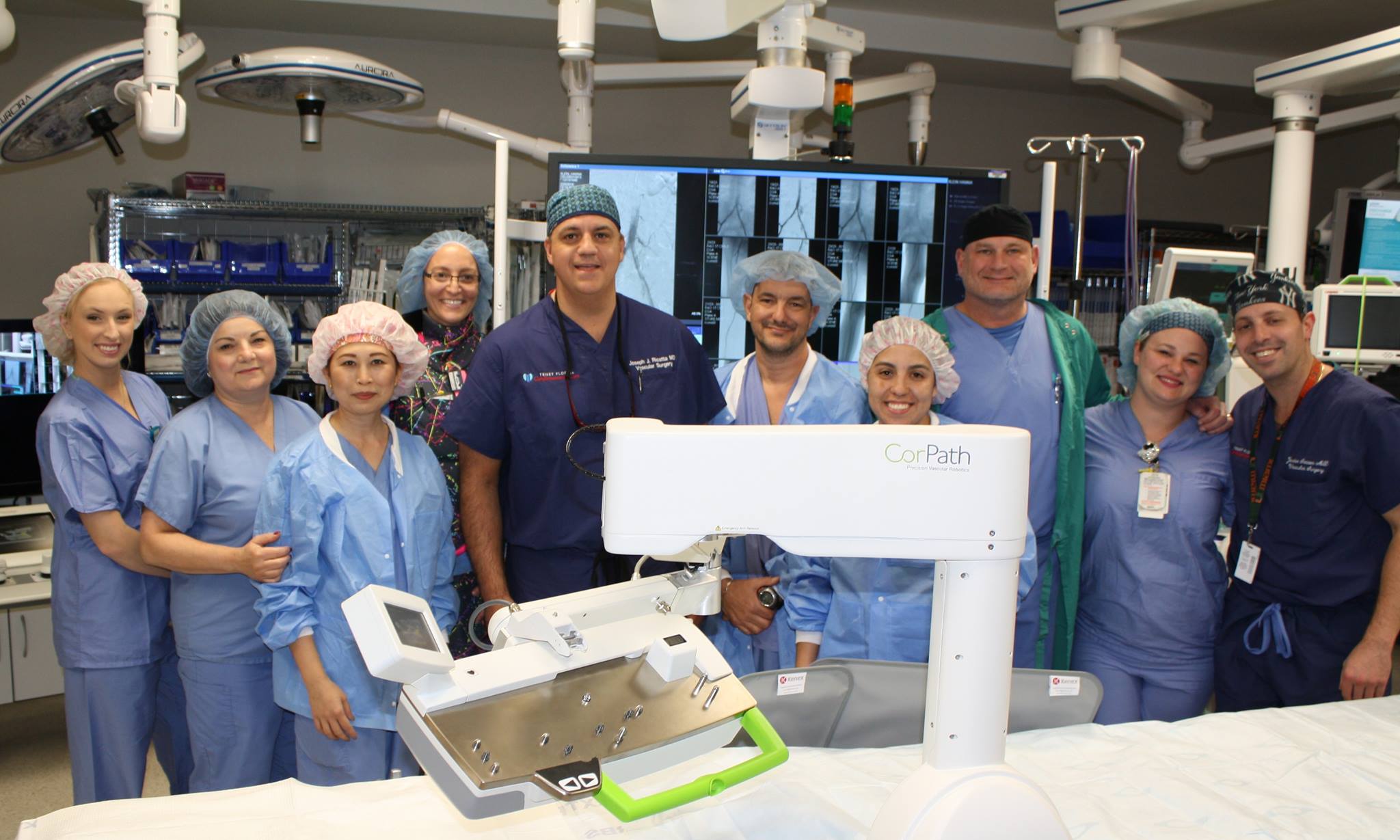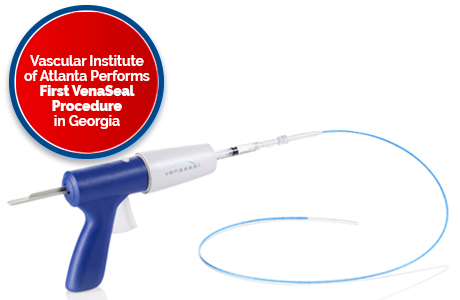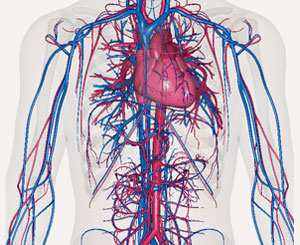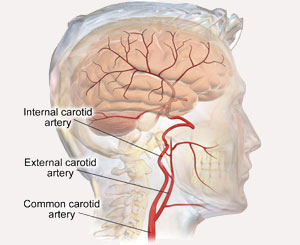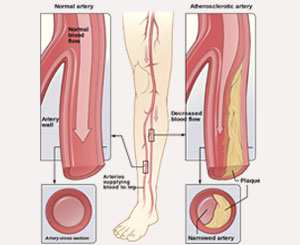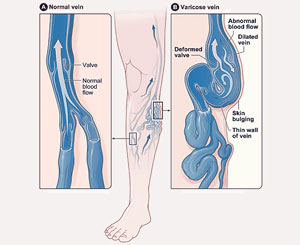Having a diagnosis of carotid artery disease (CAD) can be frightening since your carotid arteries supply the brain with blood. When they become narrow—usually as a result of atherosclerosis, which is a buildup of cholesterol and other material—blood clots or plaque may restrict blood flow to the brain, causing a stroke. While procedures meant to restore blood flow to the brain are often used to address serious blockages, they do not control other risk factors or stop the disease progression which causes artery-clogging plaque to accumulate in arteries throughout the body.
Therefore, after a diagnosis of carotid artery disease (or ideally, as a method of preventing a future diagnosis) lifestyle changes are extremely important. This is clearly an area that most people struggle with and our daily family/work commitments frequently play a role. However, even small steps are well worth the effort. Research has shown that positive changes in diet, exercise, and even personal outlook not only produce measurable benefits in regards to the risk factors for carotid artery disease—high blood pressure, cholesterol, smoking, and body weight—but that they go a long way towards controlling it once a diagnosis has already been given.
Therefore, while it may be easy to assume that drastic lifestyle changes are in order since a diagnosis of CAD comes with a high risk of stroke, many of the recommended changes are actually the same ones commonly suggested for overall wellness.
STOP SMOKING – It’s no secret that cigarettes contain toxins, but most people fail to realize that those toxins negatively impact the whole body, not just the lungs. Cigarette smoke damages artery walls, including the carotid arteries, which leads directly to atherosclerosis. While quitting smoking is not a cure-all for CAD, it can slow its progression.
EAT A BETTER DIET – A diet comprised of real, non-processed foods and low in saturated fats can help decrease cholesterol buildup and subsequently reduce the narrowing of the carotid arteries. With that, too much sugar and refined carbohydrates play a large role in our predisposition for obesity and high-blood pressure, both of which increase the risks of CAD.
DRINK IN MODERATION – While this one may seem like a given for healthy living in general, it’s important to remember that even casual alcohol consumption can lead to high-blood pressure and obesity. Again, minimizing carotid artery disease is often about dealing with the risk factors that cause it.
BE PHYSICALLY ACTIVE – Adopting an exercise routine does not mean you have to turn into a marathon runner overnight. Research shows that even making a point to walk for 20 or 30 minutes a day can improve the overall functioning of your body. In short, focus on whatever gets you moving and make sure it’s something you enjoy. You’re more likely to make it a habit if you actually like what you’re doing; however, don’t forget to speak with your doctor about what level of exercise might be suitable for your particular condition.
LOSE WEIGHT – This one should come as no surprise and frankly, you may be tired of hearing it. Still, weight gain can substantially increase your risk of stroke, which is extremely important if you’re looking to control CAD. Not only will losing weight help keep your blood pressure and cholesterol levels in check, thereby reducing your risk of stroke, but it will go a long way towards improving your quality of life.
REDUCE STRESS – While not as tangible as eating healthy or getting regular exercise, attempting to reduce your daily stressors will help prevent high-blood pressure and atherosclerosis. You may want to consider speaking with your doctor about effective strategies and stress-busting techniques.
In the end, it’s important to remember that all individuals all unique and therefore, all cases of carotid artery disease are unique, and treatment must be individualized to each patient. While lifestyle changes and medication may make a large difference for some people, severe blockages may require additional treatment based upon your patient history and other risk factors.
If you’d like to learn more, please feel free to contact our office for additional information.
Dr. Joseph J. Ricotta II MD, MS, FACS
Vascular Institute of Atlanta
www.AtlVascular.com
470-355-3053
